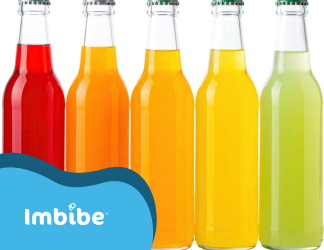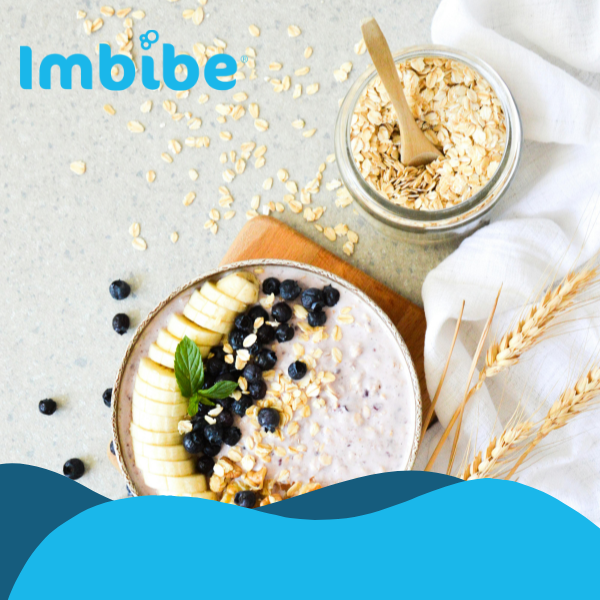Your source for the most up-to-date information on emerging beverage trends.
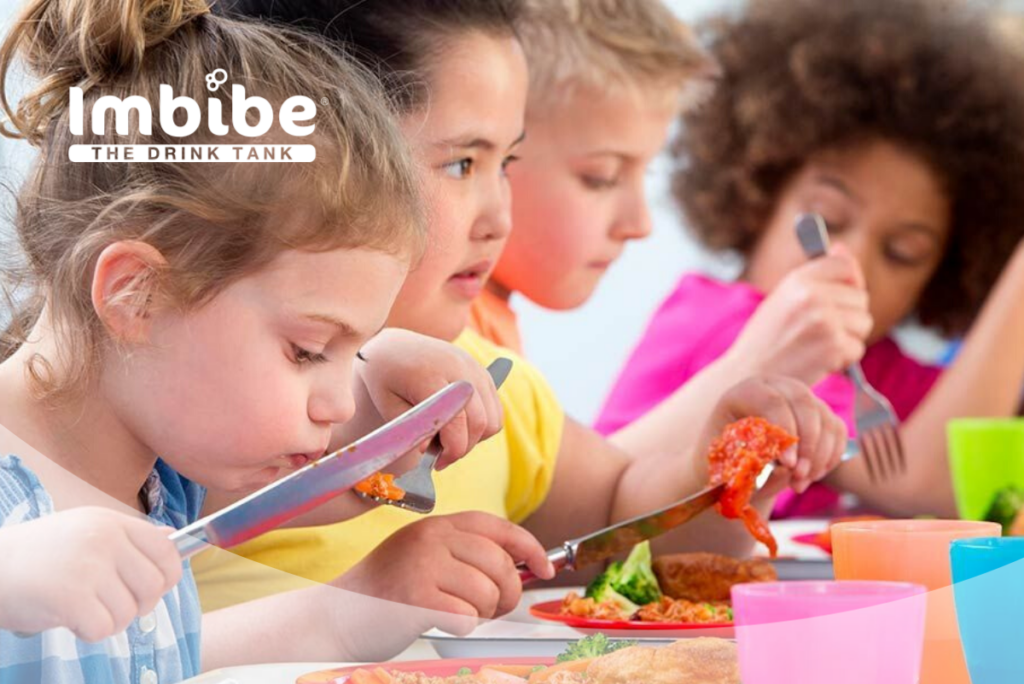
Feeding the Future: Food for Kids Summit Recap
Imbibe sent a team to the Food for Kids Summit to gather insights about the children’s food and beverage space. The conference covered what parents want, what kids need, and how brands are innovating in the evolving segment. Here are our key takeaways from the conference!
- Winning the Veggie Tug-of-War
- Nutrient Density is Key Ingredient Watch Lists
- ITransition to Plant-Based
Winning the Veggie Tug-of-War
A common theme at the Food for Kids Summit was that getting children to eat vegetables is an arduous task for the majority of parents. There were debates about the best way (and the best products) to make vegetables a regular part of a child’s diet. Some brands and parents argued that kids should know they are eating a vegetable and learn to enjoy it. Others claimed the end justifies the means when it comes to products that introduce vegetables to a child’s diet by masking the flavor.

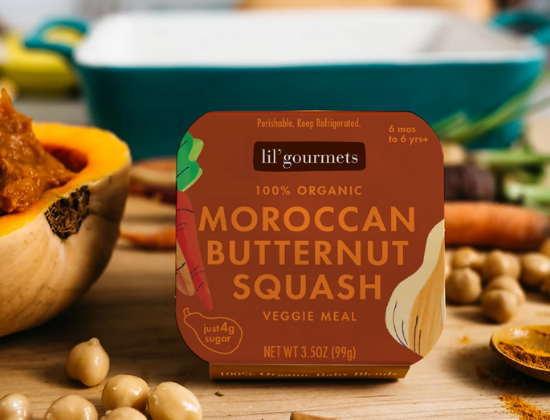
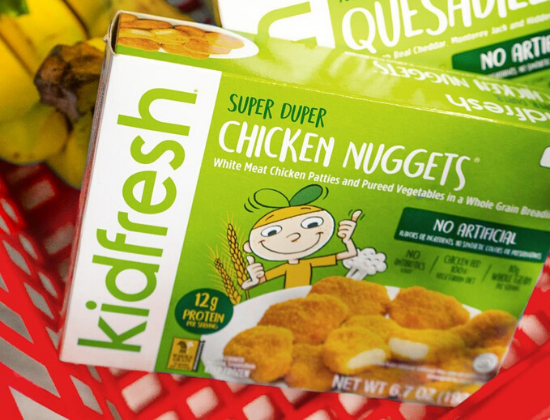
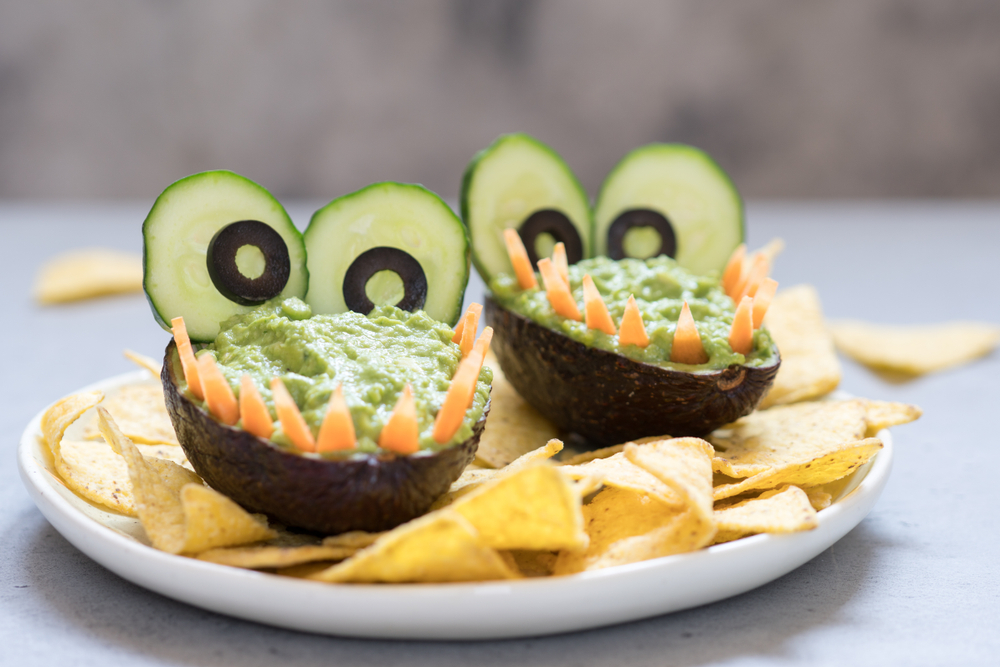
Dr. Catherine Forestell explained that taste preferences develop during pregnancy and noted that kids need to be exposed to a food 8-12 times before they learn to like it. Fresh Bellies, Raised Real, and Lil’ Gourmets aim to introduce veggie-forward and exotic flavors in early childhood to grow kids’ palates as they age.
Brands like Kid Fresh, Yummy Spoonfulls, and Peekaboo Ice Cream take a stealth-health approach to getting kids to eat more veggies. These products “hide” vegetables by blending powders and purees into childhood favorites like chicken nuggets, mac and cheese, and ice cream.
Shannon Seip, co-founder and co-CEO of the kid-focused restaurant chain Bean Sprouts, makes vegetables exciting for young customers by preparing them in a fun and kid-friendly way. The Crocamole is one of the restaurant’s staples.
Nutrient Density is Key
Growing children need a lot of nutrients to thrive, but parents are struggling to find food options that are kid approved and nutrient-dense. Several brands are helping parents overcome the hurdle of providing delicious and nutritious foods by offering products with all of the essential nutrients kids need for healthy development.
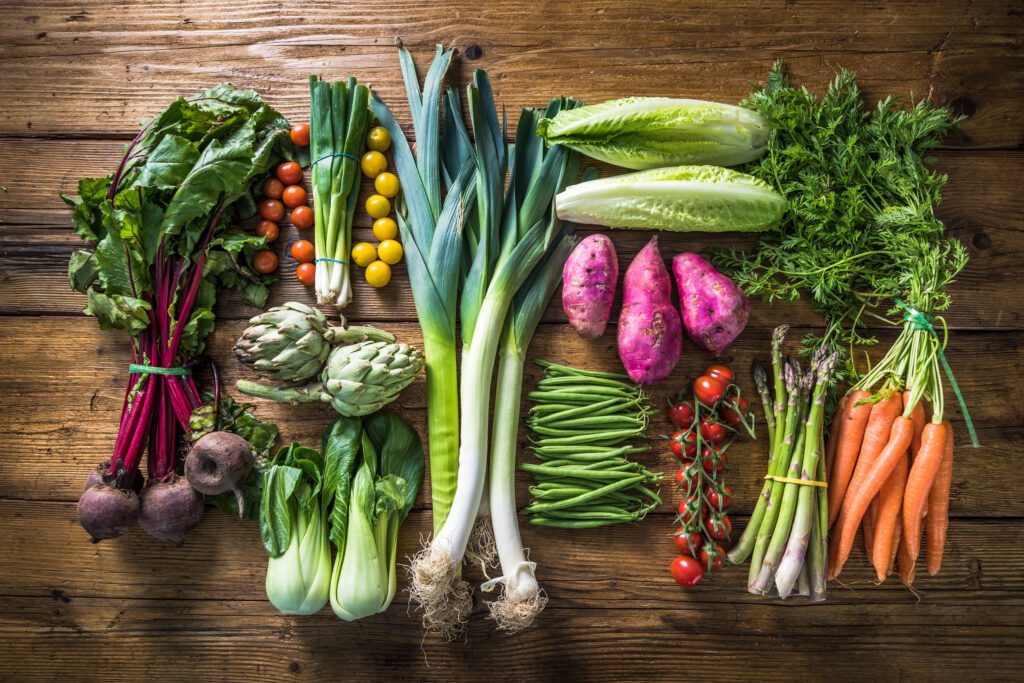
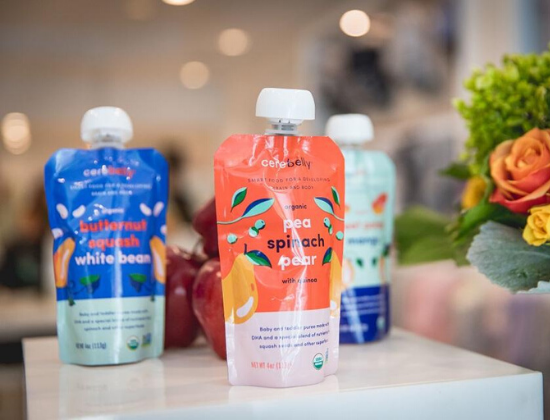
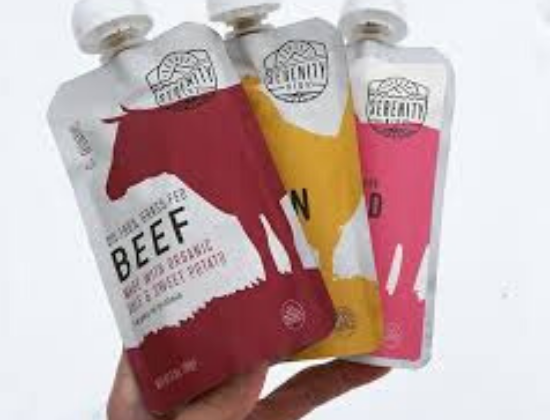
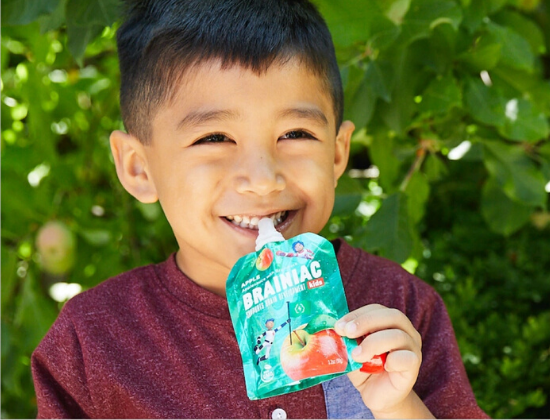
Cerebelly was developed by a practicing neurosurgeon who found that most baby foods lack 19 essential nutrients the brain needs to thrive. Cerebelly offers plant-based products with essential nutrients for specific stages of development that are also low in sugar and heavy metals
Serenity Kids offers ethically-sourced baby foods that are high in protein and healthy fats from grass-fed and pastured animals. The baby food is suggested to mimic the nutrients of breast milk and includes essential macronutrients.
Brainiac Kids enhances apple sauce and yogurt with essential nutrients for healthy brain development, including DHA and ALA omega 3’s and choline. All three nutrients are naturally occurring in breast milk, but most kids in the U.S. who are no longer nursing aren’t getting the levels recommended by the World Health Organization
Ingredient Watch Lists
Food Navigator kicked off the Food for Kids Expo with a panel of parents who provided insights into their purchase decisions when shopping for their children. Parents on the panel agreed that natural, transparent, familiar, and fresh were important product attributes.



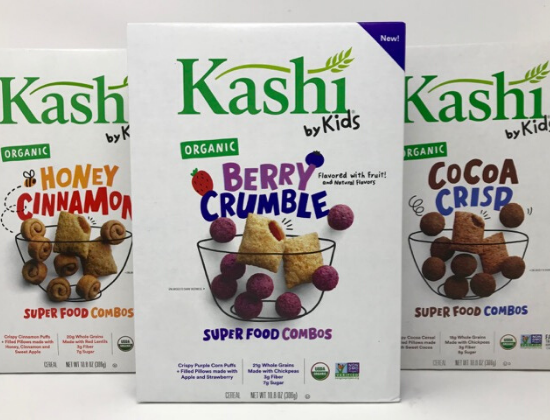
Parents are trying to reduce the amount of sugar in their children’s diet, but many childhood staples like juice are loaded with sugar. Matt Swanson, founder and CEO of Rethink Water, talked about how the brand found a sweet spot in the children’s beverage space with a kid-friendly, low-sugar product that has 5% juice or less.
Peter McGuiness, president of Chobani, discussed the brand’s fun approach to clean-label yogurt for kids. Gimmies are available in flavors like cotton candy and birthday cake and are also a good source of protein, packed with probiotics, and have no artificial or genetically modified ingredients.
Jeanne Wilson, marketing director of Kashi, discussed the brand’s goal of creating a product with kid-approved flavors and an ingredient statement that parents can understand. The result was the brand’s Kashi by Kids line which consists of organic cereals and snack bites.
Transition to Plant-Based
According to Michele DeKinder-Smith, founder & president of Linkage Research & Consulting, 2/3 of U.S. households are moving towards a plant-based diet and 1/5 of millennial parents say that increasing their child’s consumption of plant-based food and beverage is a priority. She noted that there is a significant opportunity to create more kid-centric plant-based products, and that dairy alternatives and snacks are the most popular plant-based options with kids.
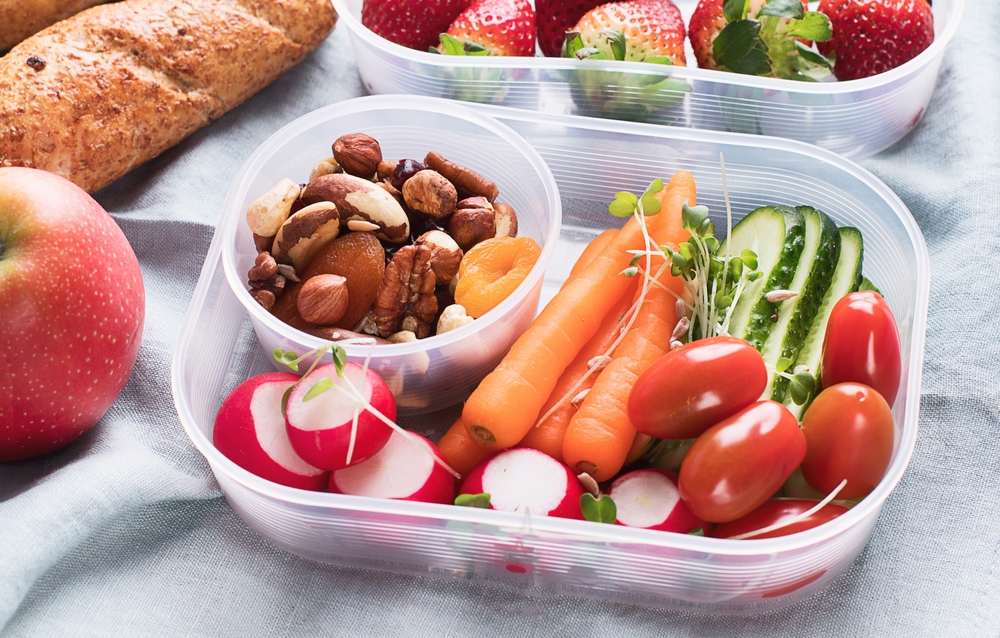
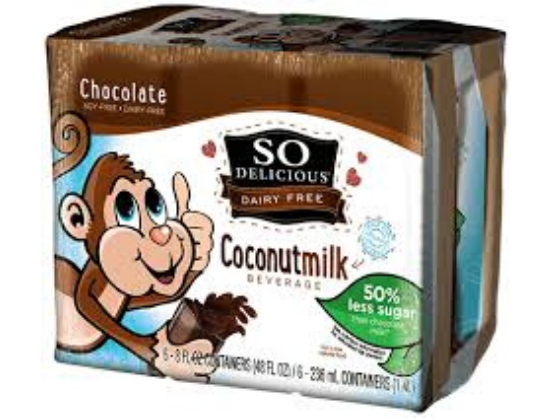
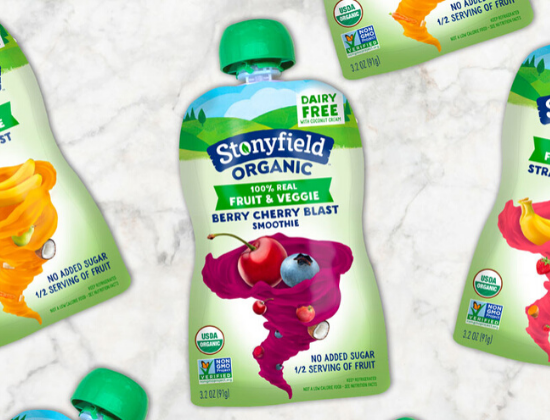
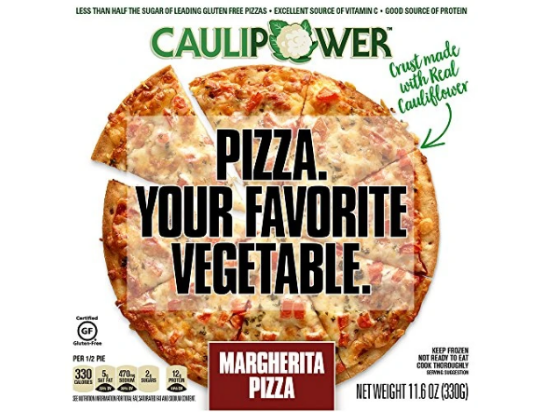
Nearly 50% of children consume dairy alternative milks, but there are few products available marketed towards children. It should be noted, however, that medical and nutrition organizations recommend children under age 5 should avoid dairy alternatives (unless they have a dietary restriction) because they don’t have the same nutrient value as dairy milk.
Drinkable fruit and veggie pouches are a popular plant-based snack for younger kids. In addition to their flagship yogurt products, Stonyfield Organic started offering dairy-free fruit and veggie smoothie pouches last summer.
Several participants in the parents panel called out cauliflower pizza crust as a great way to increase their child’s consumption of plant-based foods.


